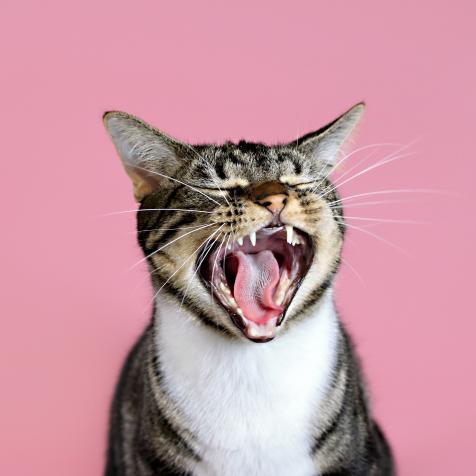
Curiosity Daily Podcast: What “Pavlovian” Really Means, Wisconsin’s Ultimate Tourist Trap, and Why Cats Love Boxes
Learn about why the one thing you probably know about Pavlov and his dogs is wrong; why the House on the Rock is the tourist trap to end all tourist traps; and why researchers think cats love boxes.
Episode Show Notes:
In this podcast, Cody Gough and Ashley Hamer discuss the following stories from Curiosity.com to help you get smarter and learn something new in just a few minutes:
- The One Thing You Know About Pavlov and His Dogs Is Wrong — https://curiosity.im/2wRn2jL
- The House on the Rock Is the Tourist Trap to End All Tourist Traps — https://curiosity.im/2IokLS0
- Why Do Cats Love Boxes? — https://curiosity.im/2N4g8B7
If you love our show and you're interested in hearing full-length interviews, then please consider supporting us on Patreon. You'll get exclusive episodes and access to our archives as soon as you become a Patron! https://www.patreon.com/curiositydotcom
Learn about these topics and more on Curiosity.com, and download our 5-star app for Android and iOS. Then, join the conversation on Facebook, Twitter, and Instagram. Plus: Amazon smart speaker users, enable our Alexa Flash Briefing to learn something new in just a few minutes every day!
See omnystudio.com/listener for privacy information.











